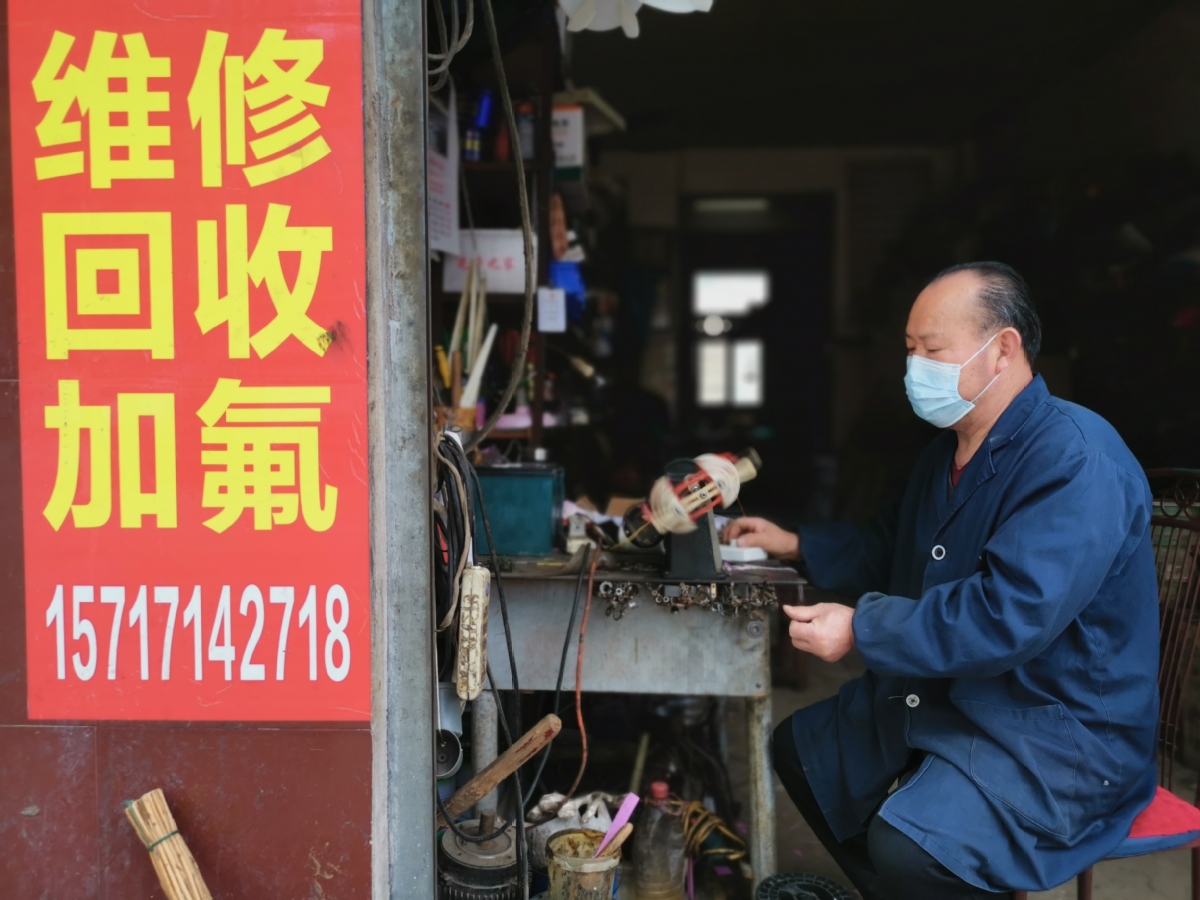Helping hand offered on road to recovery


Similar measures to help small and microbusinesses survive have been introduced nationwide, as these enterprises are crucial to local economies, employment and social stability.
On April 27, Tang Renjian, governor of Gansu province, said at a meeting called to discuss the development of such businesses: "Helping them get through the outbreak is a matter of the utmost gravity. The risks of unemployment and bad debts will surely surface if they cannot survive. Furthermore, this may lead to social problems.
"We cannot just make beautiful promises, but must ensure that business owners actually receive the help they desperately need."
The second quarter is crucial for such businesses to recover as the outbreak in China stabilizes, Tang said, adding, "The government must help these businesses as soon as possible, before it's too late."
Ren, the noodle restaurant owner, said he had heard on the news of the assistance being offered to business owners such as himself.
He hopes that someone can sit down with him to talk him through the help he is eligible for and explain how much money he can save as a result.
"I've been asking different departments about tax cuts and discounts on water and electricity bills, but it's very time-consuming," he said.
Ren has drawn up a plan in case his business fails. "I will return to Xiangyang and become a farmer again, but I really enjoy having a laugh with my regular customers while making noodles. I would certainly miss that."
On the other side of Wuhan, Wang Qiong's company office was fully disinfected on April 22, as businesses in the city were resuming normal operations.
When Wang, the founder of DyData, a company providing services for the collection and visualization of data, saw a half-eaten packet of biscuits lying on a table and had to throw away dead plants, she became a little emotional.
"It feels as if the pandemic has lasted for a century. The dusty office is almost like an archaeological site-it was a different world before the outbreak," she said.
On Jan 20, DyData, which now employs about 30 people, held a banquet ahead of Spring Festival. Those attending wore face masks, as the number of people infected with COVID-19 in the city had started to rise.
Wang said, "Afterward, we assessed the situation and immediately asked employees not to come to work, starting from the next day, but I never thought it would take three months before I could sit in the office again."
























